Educated at the London School of Economics and a fluent English speaker, he was once seen by many governments as the acceptable, Western-friendly face of Libya.
Four days after the capture and killing of Muammar Gaddafi, there is little sign of his one missing son Saif al-Islam, last thought to be hiding in a desert area near the town of Bani Walid, which is 150km (100 miles) southeast of Tripoli.
National Transitional Council (NTC) field commander Abdel Majid Mlegta said on Sunday that fighters were deploying around a place where they believed Saif was hiding after he escaped the siege of his father's hometown of Sirte on Thursday.
Mlegta said Gaddafi's former security chief Abdullah al-Senussi, now in Niger, had contacted Saif to try to help him flee to the Sahelian country "but our brigades are encircling this area south of Bani Walid".
Saif al-Islam Gaddafi is the most enigmatic of Muammar Gaddafi's children, apparently turning within weeks from philanthropist and liberal reformer into a fighter ready to die on his home soil rather than surrender.
Gaddafi junior, whose name means "Sword of Islam", is also the most elusive of the late Libyan leader's eight offspring, wanted on war crimes charges but evading a manhunt for months to remain the only leading family member still at large.
Educated at the London School of Economics and a fluent English speaker, he was once seen by many governments as the acceptable, Western-friendly face of Libya, and a possible heir apparent.
But when a rebellion broke out in February against Muammar Gaddafi's long rule, he immediately chose family and clan loyalties over his many friendships in the West.
"We fight here in Libya; we die here in Libya," he told Reuters Television in an interview early in the rebellion.
Three of Gaddafi's sons have indeed died on their home soil during the civil war, but not Saif.
A senior NTC official said on Friday Saif was fleeing south from the last Gaddafi stronghold of Sirte towards Libya's border with Niger, where another son has already taken refuge.
Saif al-Islam has long been mercurial and elusive.
As Tripoli fell to rebels in August, the International Criminal Court's prosecutor announced he had been arrested, opening the way for his extradition to the Hague court on the war crimes charges.
However, he popped up shortly afterwards at a Tripoli hotel where foreign journalists were staying to prove he remained a free man.
"I am here to disperse the rumours ...," he said, pumping his fists in the air, smiling, waving and shaking hands with supporters.
The ICC later said it had never received official confirmation of Saif's capture.
Gaddafi's four other surviving children -- three sons and a daughter -- are in exile in neighbouring Algeria and Niger.
However, analysts doubt Saif could lead a serious insurgency against Libya's rulers, saying his influence is much reduced with his dominating and intimidating father now dead.
"The answer really is a big 'no'. Saif rose to prominence by virtue of being his father's son," said Jon Marks, chairman of consultancy Cross Border Information.
"Ironically, his biggest boosters during the 'Saif years' -- when he was prominent, but perhaps never dominant given his father's leading role pulling the strings -- are the very governments and politicians who ended up bombing his regime into oblivion."
Before the rebellion Saif al-Islam sometimes appeared genuinely at odds with Gaddafi senior who ruled for 42 years through fear and violence.
Mainly through his charitable Gaddafi Foundation, Saif pushed for reform, including more media freedom, acknowledgement of past rights abuses and the adoption of a constitution.
He also oversaw a reconciliation with Islamist rebels who launched an insurgency in the 1990s.
But his efforts were stymied by opposition from inside the ruling elite and -- some analysts say -- from members of his own family. Last year the independent newspaper he helped to found was forced to mute its criticism of the authorities and his foundation withdrew from political activities.
One of his projects did succeed. He played a central role in negotiating the lifting of US and European sanctions on Libya in 2004, in return for Tripoli ending its nuclear and chemical weapons programmes.
This led to then British Prime Minister Tony Blair visiting Tripoli to embrace Gaddafi senior, long a pariah in the West.
Saif owned a 10-million-pound ($16-million) home in London but his activities and friendship caused much embarrassment in the West when the rebellion broke out.
![submenu-img]() Meet India's highest paid director, charges 30 times more than his stars; not Hirani, Rohit Shetty, Atlee, Karan Johar
Meet India's highest paid director, charges 30 times more than his stars; not Hirani, Rohit Shetty, Atlee, Karan Johar![submenu-img]() Indian government issues warning for Google users, sensitive information can be leaked if…
Indian government issues warning for Google users, sensitive information can be leaked if…![submenu-img]() Prajwal Revanna Sex Scandal Case: Several women left home amid fear after clips surfaced, claims report
Prajwal Revanna Sex Scandal Case: Several women left home amid fear after clips surfaced, claims report![submenu-img]() Meet man who studied at IIT, IIM, started his own company, now serving 20-year jail term for…
Meet man who studied at IIT, IIM, started his own company, now serving 20-year jail term for…![submenu-img]() Gautam Adani’s project likely to get Rs 170000000000 push from SBI, making India’s largest…
Gautam Adani’s project likely to get Rs 170000000000 push from SBI, making India’s largest…![submenu-img]() DNA Verified: Is CAA an anti-Muslim law? Centre terms news report as 'misleading'
DNA Verified: Is CAA an anti-Muslim law? Centre terms news report as 'misleading'![submenu-img]() DNA Verified: Lok Sabha Elections 2024 to be held on April 19? Know truth behind viral message
DNA Verified: Lok Sabha Elections 2024 to be held on April 19? Know truth behind viral message![submenu-img]() DNA Verified: Modi govt giving students free laptops under 'One Student One Laptop' scheme? Know truth here
DNA Verified: Modi govt giving students free laptops under 'One Student One Laptop' scheme? Know truth here![submenu-img]() DNA Verified: Shah Rukh Khan denies reports of his role in release of India's naval officers from Qatar
DNA Verified: Shah Rukh Khan denies reports of his role in release of India's naval officers from Qatar![submenu-img]() DNA Verified: Is govt providing Rs 1.6 lakh benefit to girls under PM Ladli Laxmi Yojana? Know truth
DNA Verified: Is govt providing Rs 1.6 lakh benefit to girls under PM Ladli Laxmi Yojana? Know truth![submenu-img]() Jr NTR-Lakshmi Pranathi's 13th wedding anniversary: Here's how strangers became soulmates
Jr NTR-Lakshmi Pranathi's 13th wedding anniversary: Here's how strangers became soulmates![submenu-img]() Streaming This Week: Heeramandi, Shaitaan, Manjummel Boys, latest OTT releases to binge-watch
Streaming This Week: Heeramandi, Shaitaan, Manjummel Boys, latest OTT releases to binge-watch![submenu-img]() Remember Ayesha Kapur? Michelle from Black, here's how actress, nutrition coach, entrepreneur looks after 19 years
Remember Ayesha Kapur? Michelle from Black, here's how actress, nutrition coach, entrepreneur looks after 19 years![submenu-img]() Remember Heyy Babyy's cute 'Angel' Juanna Sanghvi? 20 year-old looks unrecognisable now, fans say 'her comeback will...'
Remember Heyy Babyy's cute 'Angel' Juanna Sanghvi? 20 year-old looks unrecognisable now, fans say 'her comeback will...'![submenu-img]() In pics: Arti Singh stuns in red lehenga as she ties the knot with beau Dipak Chauhan in dreamy wedding
In pics: Arti Singh stuns in red lehenga as she ties the knot with beau Dipak Chauhan in dreamy wedding![submenu-img]() DNA Explainer: Why Harvey Weinstein's rape conviction was overturned, will beleaguered Hollywood mogul get out of jail?
DNA Explainer: Why Harvey Weinstein's rape conviction was overturned, will beleaguered Hollywood mogul get out of jail?![submenu-img]() What is inheritance tax?
What is inheritance tax?![submenu-img]() DNA Explainer: What is cloud seeding which is blamed for wreaking havoc in Dubai?
DNA Explainer: What is cloud seeding which is blamed for wreaking havoc in Dubai?![submenu-img]() DNA Explainer: What is Israel's Arrow-3 defence system used to intercept Iran's missile attack?
DNA Explainer: What is Israel's Arrow-3 defence system used to intercept Iran's missile attack?![submenu-img]() DNA Explainer: How Iranian projectiles failed to breach iron-clad Israeli air defence
DNA Explainer: How Iranian projectiles failed to breach iron-clad Israeli air defence![submenu-img]() Meet India's highest paid director, charges 30 times more than his stars; not Hirani, Rohit Shetty, Atlee, Karan Johar
Meet India's highest paid director, charges 30 times more than his stars; not Hirani, Rohit Shetty, Atlee, Karan Johar![submenu-img]() This superstar worked as clerk, was banned from wearing black, received death threats; later became India's most...
This superstar worked as clerk, was banned from wearing black, received death threats; later became India's most...![submenu-img]() Karan Johar slams comic for mocking him, bashes reality show for 'disrespecting' him: 'When your own industry...'
Karan Johar slams comic for mocking him, bashes reality show for 'disrespecting' him: 'When your own industry...'![submenu-img]() Kapoor family's forgotten hero, highest paid actor, gave more hits than Raj Kapoor, Ranbir, never called star because...
Kapoor family's forgotten hero, highest paid actor, gave more hits than Raj Kapoor, Ranbir, never called star because...![submenu-img]() Meet actress who lost stardom after getting pregnant at 15, husband cheated on her, she sold candles for living, now...
Meet actress who lost stardom after getting pregnant at 15, husband cheated on her, she sold candles for living, now...![submenu-img]() IPL 2024: Kolkata Knight Riders take top spot after 98 runs win over Lucknow Super Giants
IPL 2024: Kolkata Knight Riders take top spot after 98 runs win over Lucknow Super Giants![submenu-img]() ICC Women’s T20 World Cup 2024 schedule announced; India to face Pakistan on....
ICC Women’s T20 World Cup 2024 schedule announced; India to face Pakistan on....![submenu-img]() IPL 2024: Bowlers dominate as CSK beat PBKS by 28 runs
IPL 2024: Bowlers dominate as CSK beat PBKS by 28 runs![submenu-img]() IPL 2024: Big blow to CSK as star pacer returns home due to...
IPL 2024: Big blow to CSK as star pacer returns home due to...![submenu-img]() SRH vs MI IPL 2024: Predicted playing XI, live streaming details, weather and pitch report
SRH vs MI IPL 2024: Predicted playing XI, live streaming details, weather and pitch report![submenu-img]() Job applicant offers to pay Rs 40000 to Bengaluru startup founder, here's what happened next
Job applicant offers to pay Rs 40000 to Bengaluru startup founder, here's what happened next![submenu-img]() Viral video: Family fearlessly conducts puja with live black cobra, internet reacts
Viral video: Family fearlessly conducts puja with live black cobra, internet reacts![submenu-img]() Woman demands Rs 50 lakh after receiving chicken instead of paneer
Woman demands Rs 50 lakh after receiving chicken instead of paneer![submenu-img]() Who is Manahel al-Otaibi, Saudi women's rights activist jailed for 11 years over clothing choices?
Who is Manahel al-Otaibi, Saudi women's rights activist jailed for 11 years over clothing choices?![submenu-img]() In candid rapid fire, Rahul Gandhi reveals why white T-shirts are his signature attire, watch
In candid rapid fire, Rahul Gandhi reveals why white T-shirts are his signature attire, watch


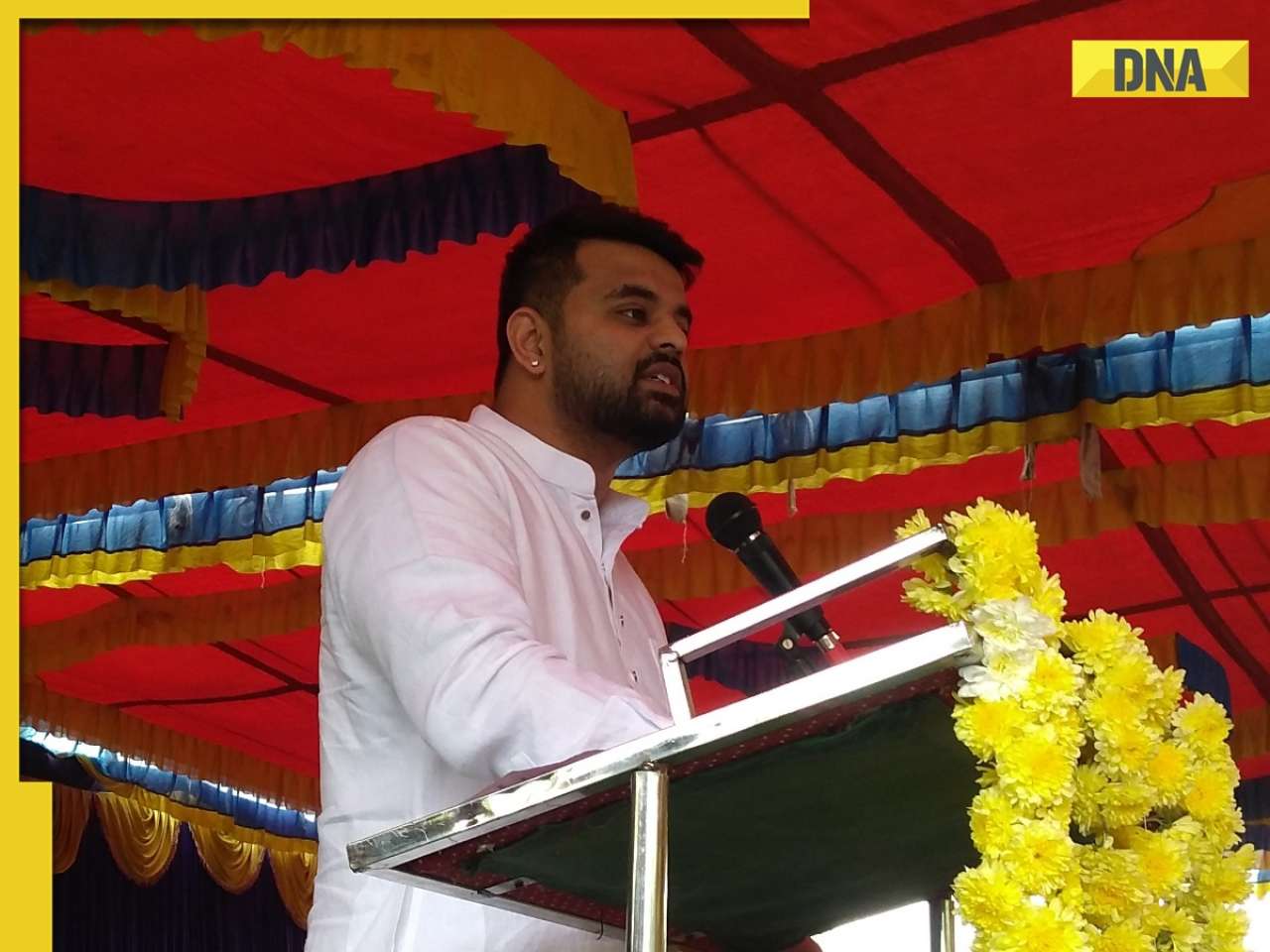
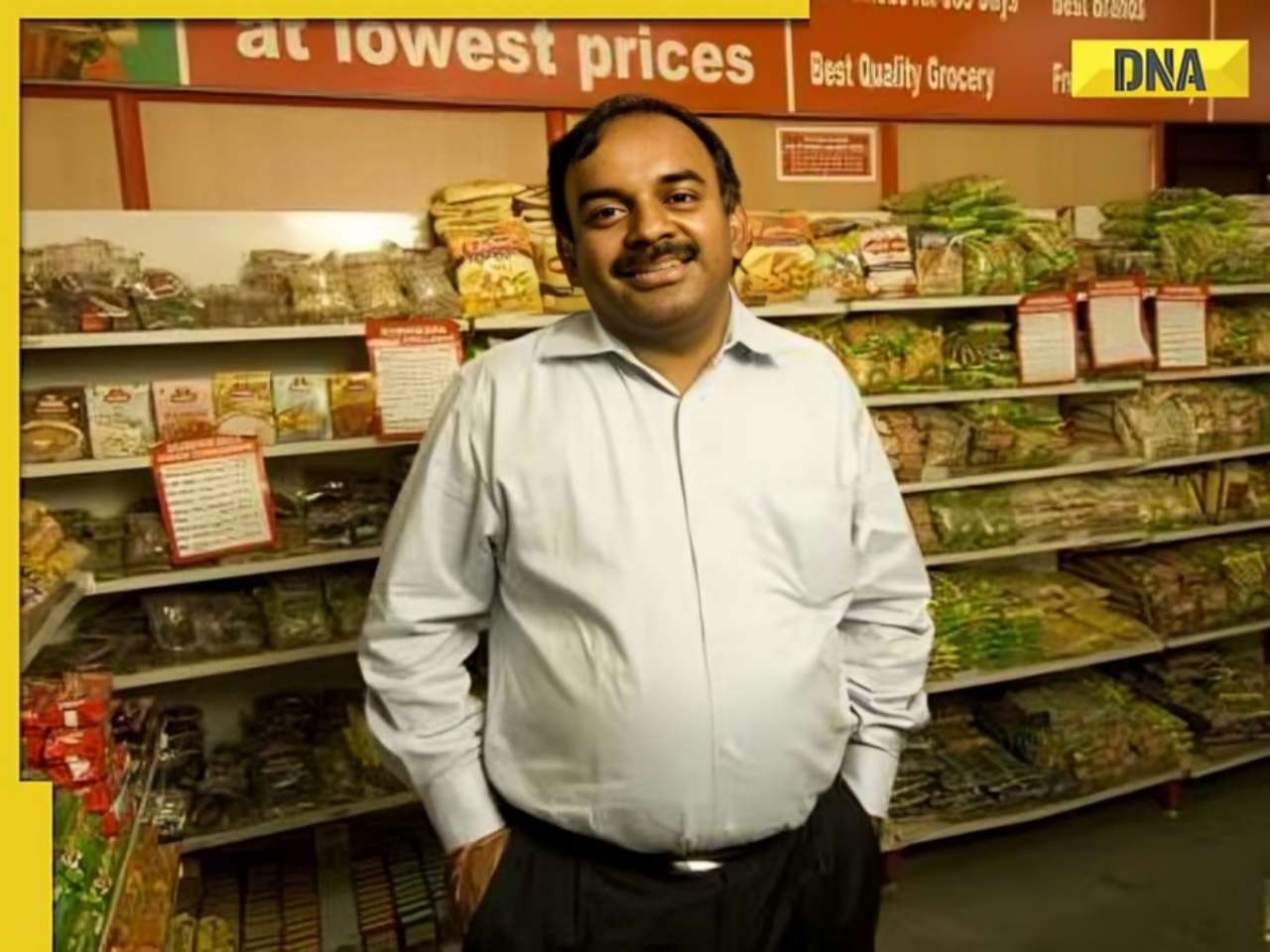
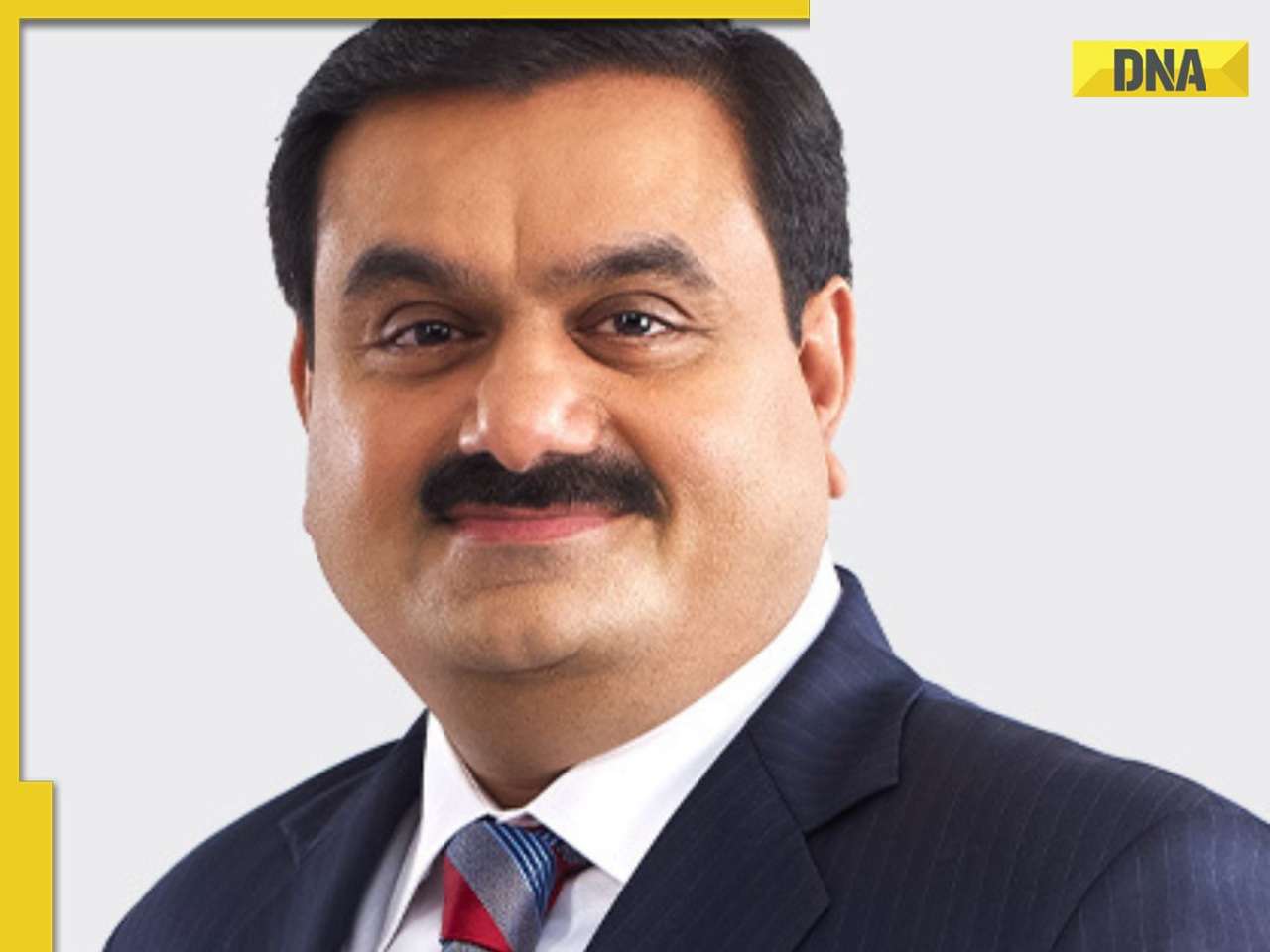





















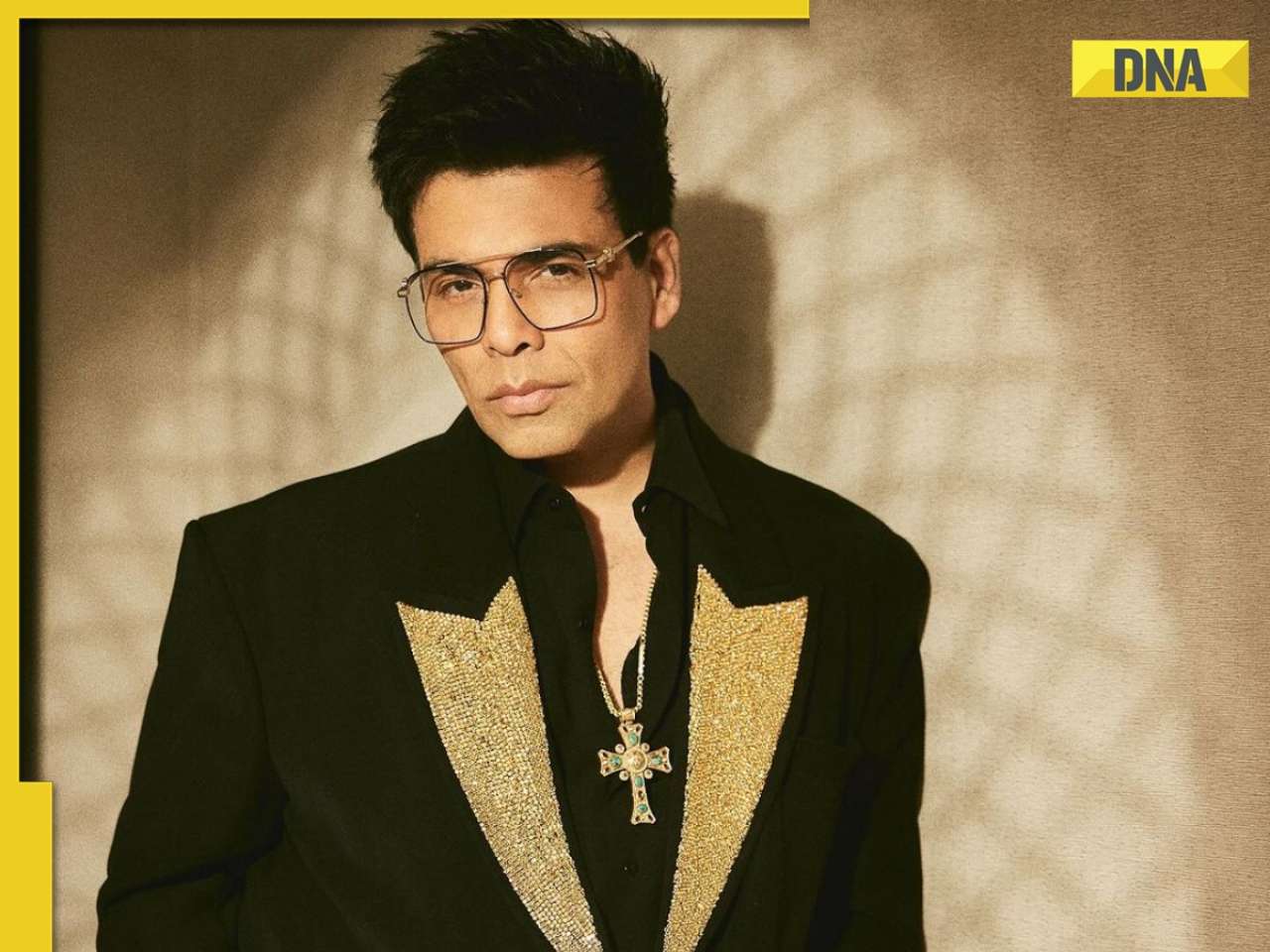
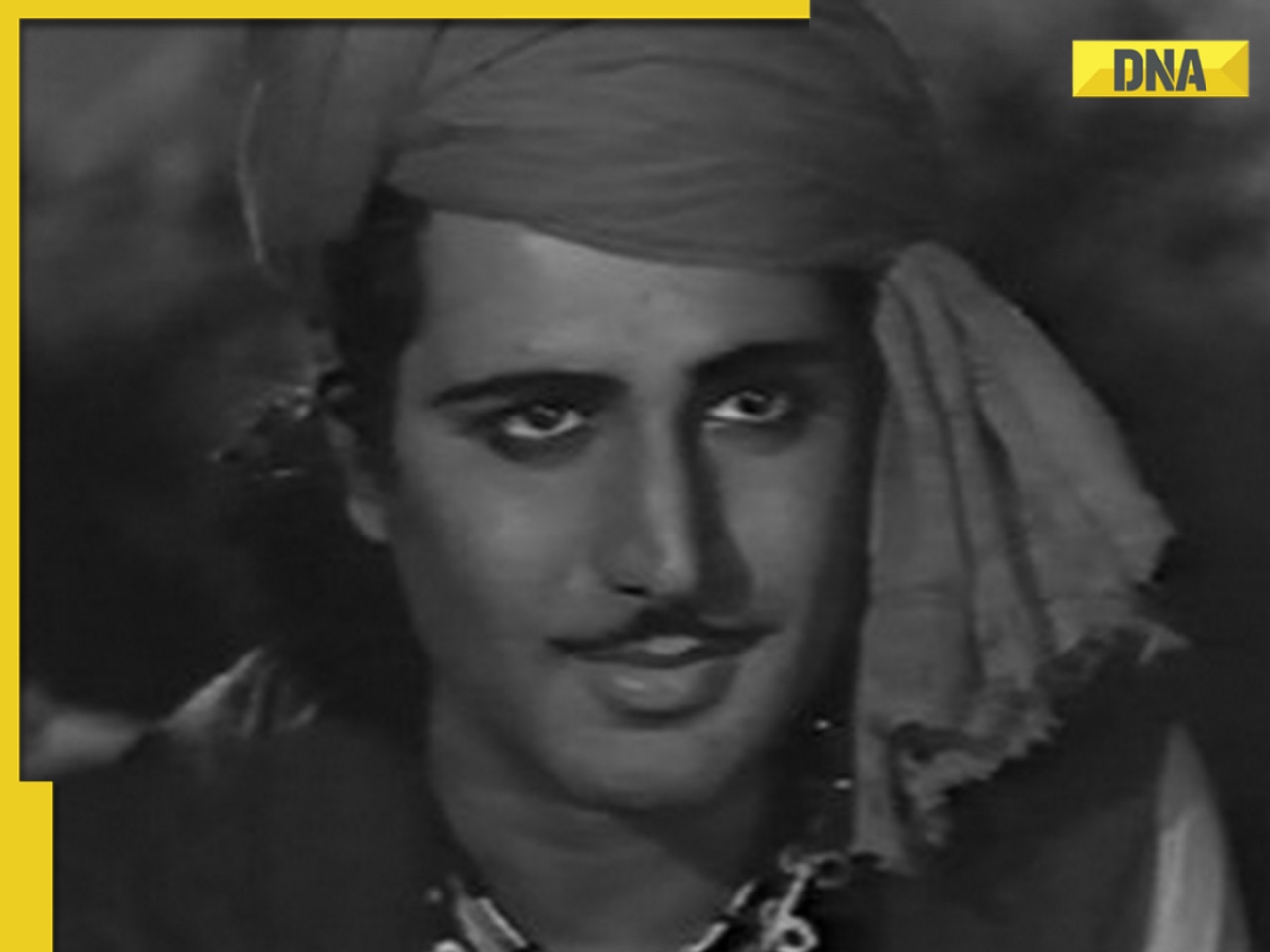
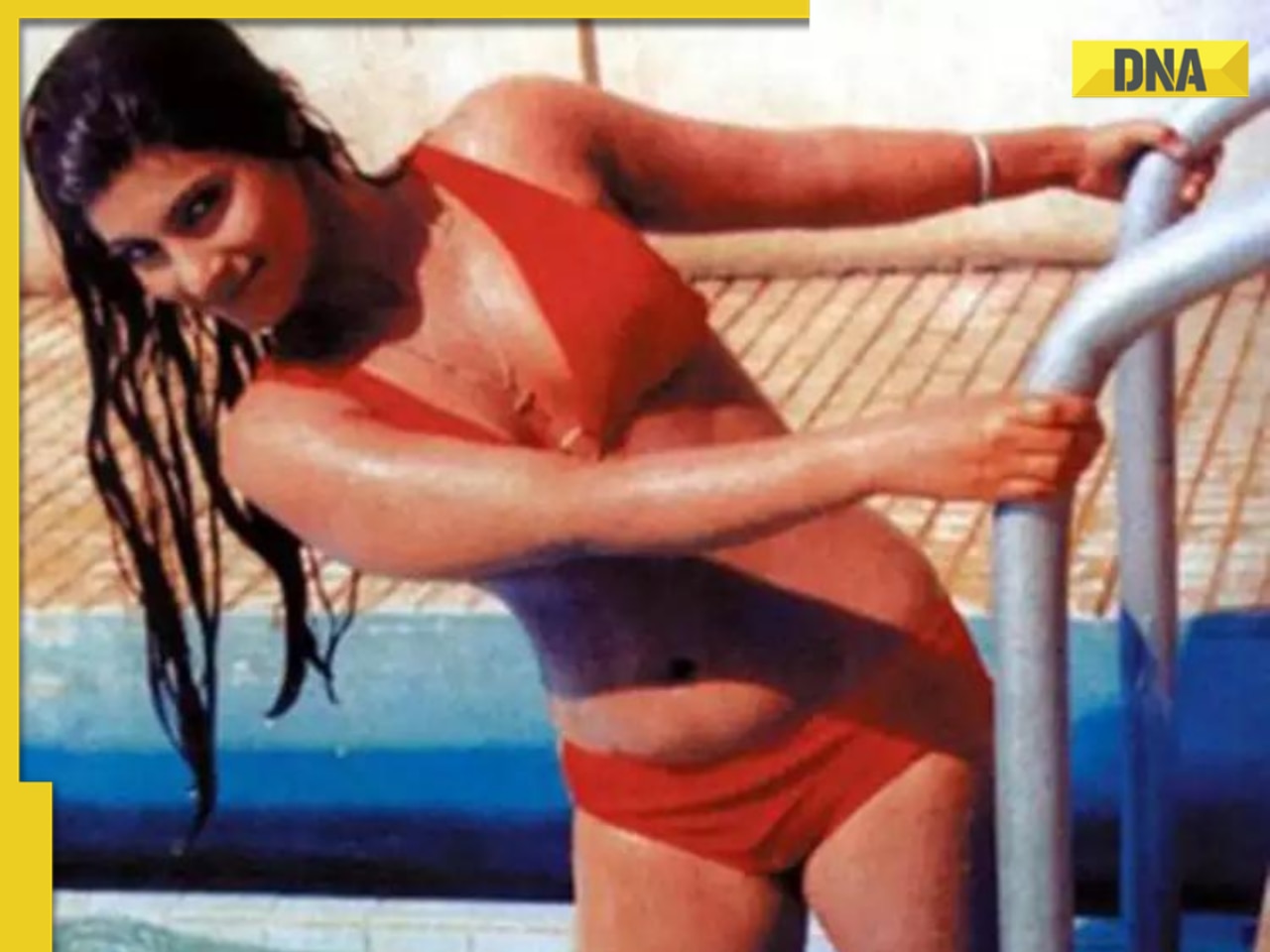

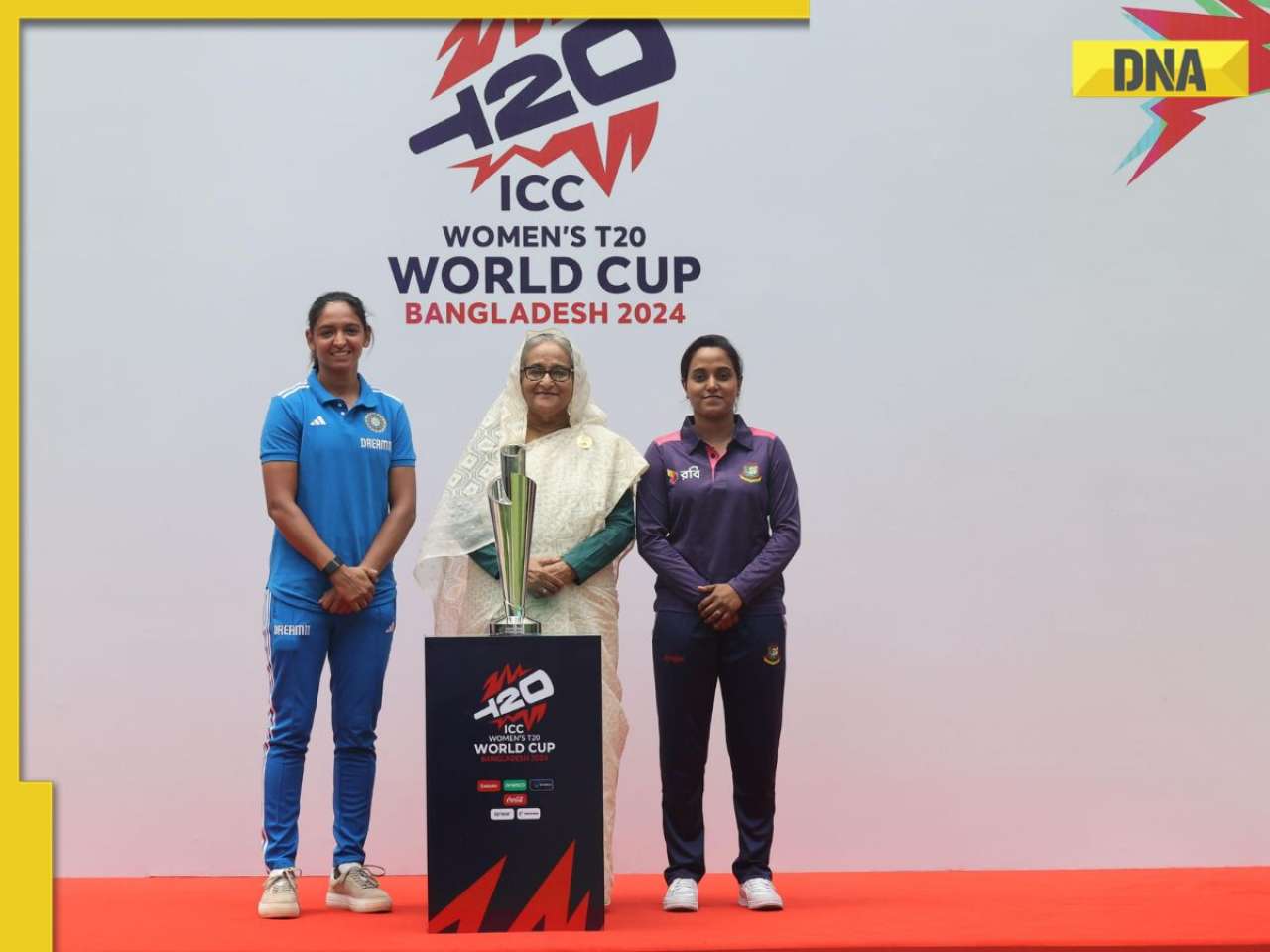







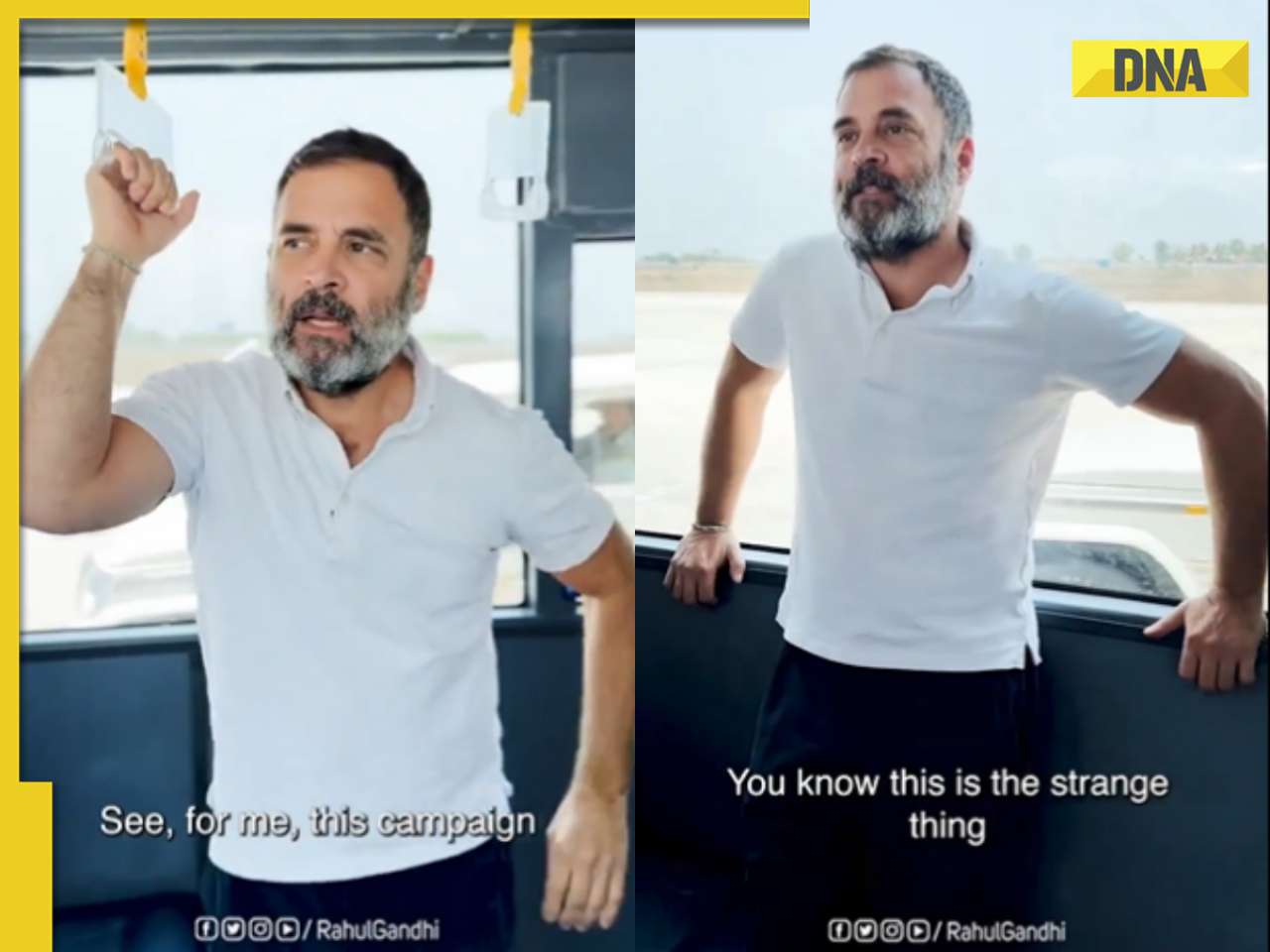





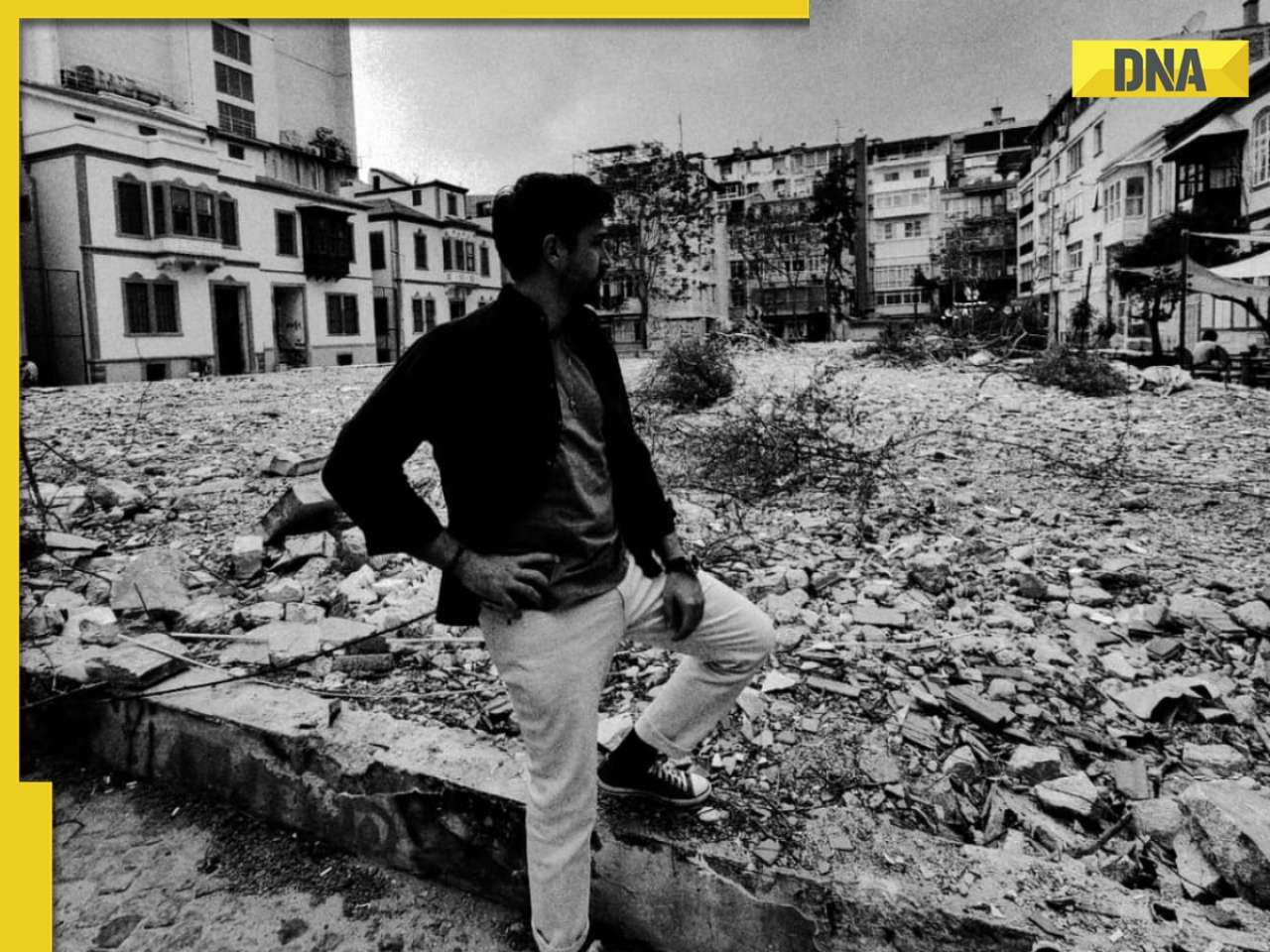


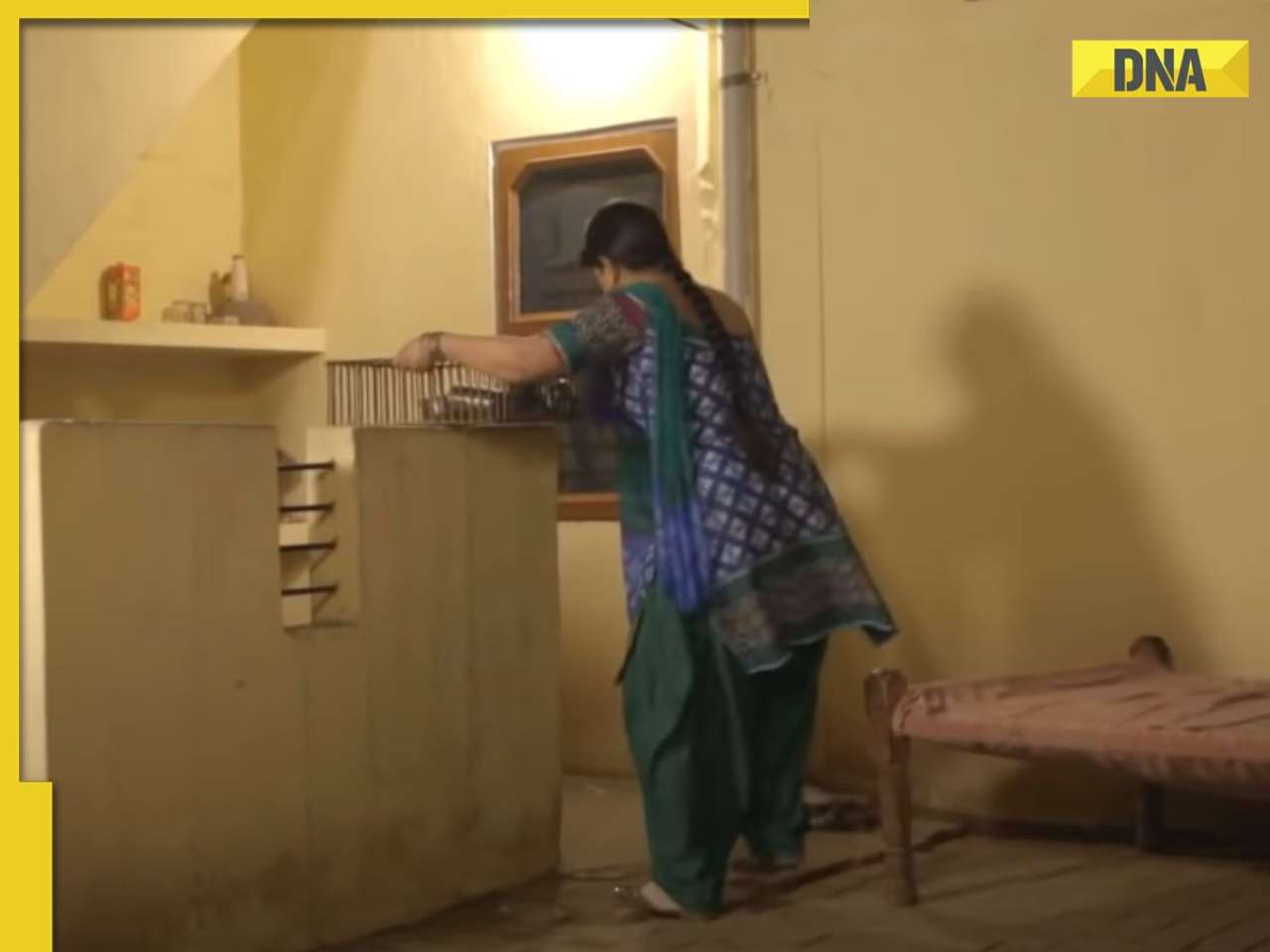
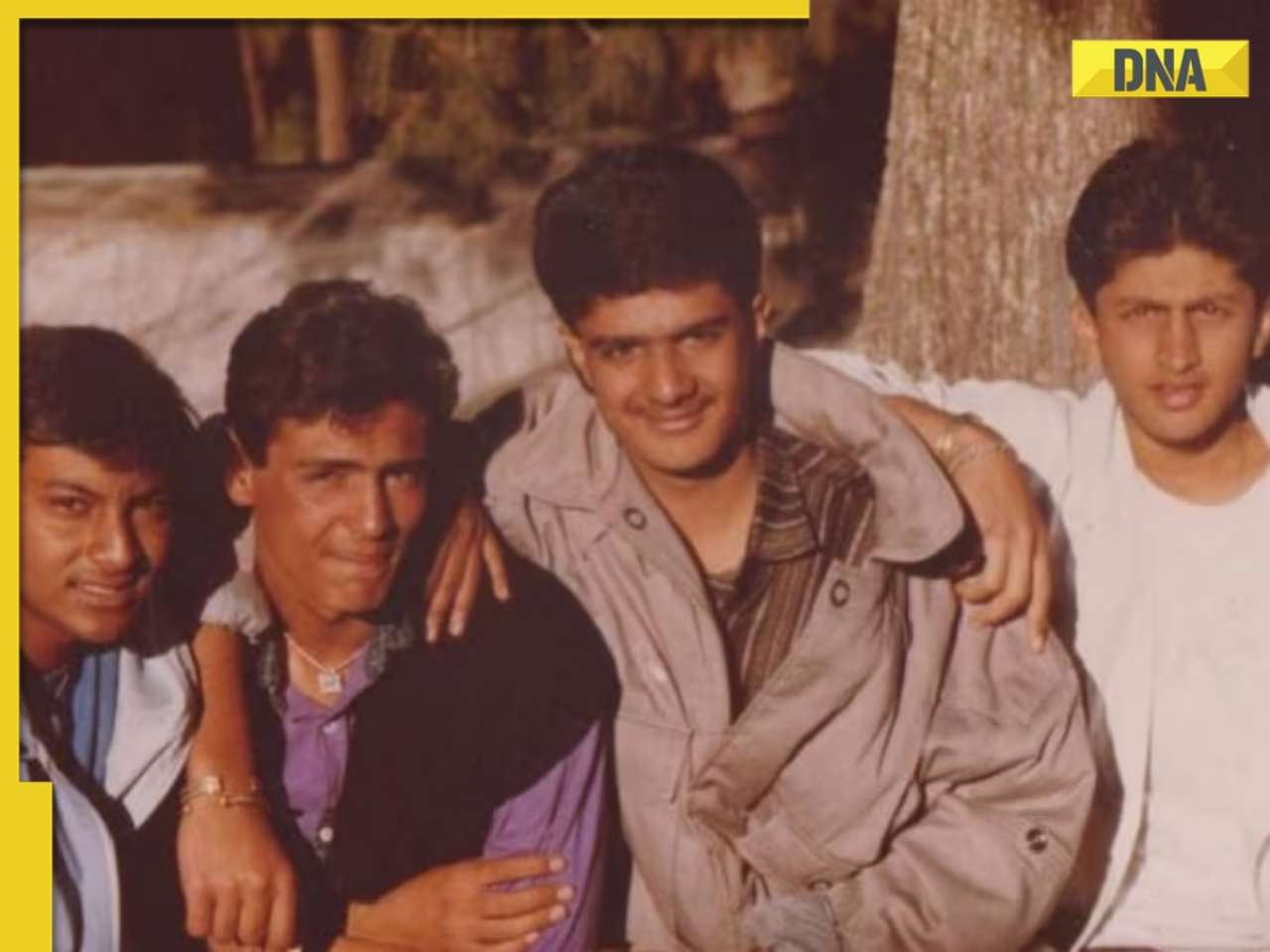

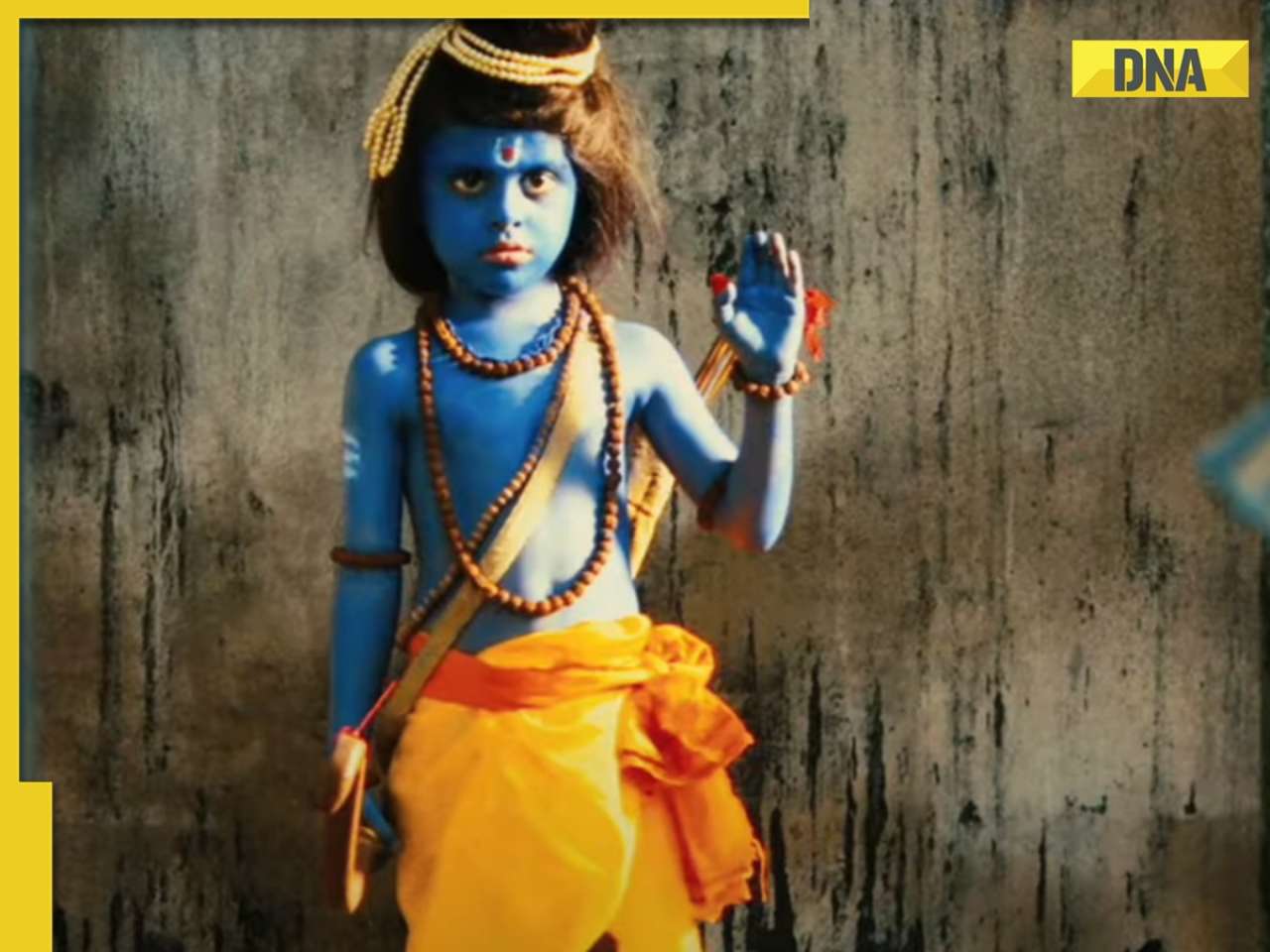
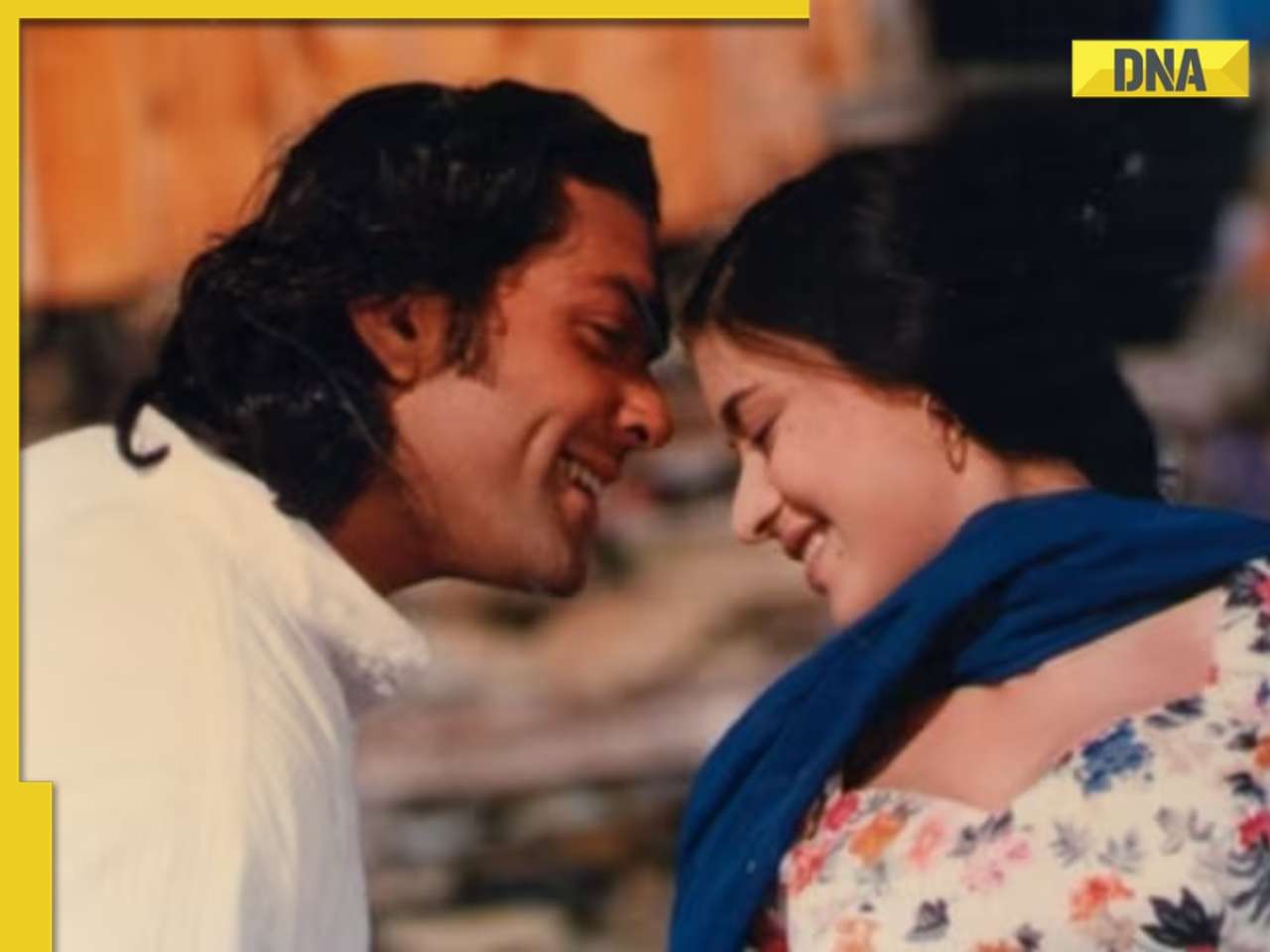
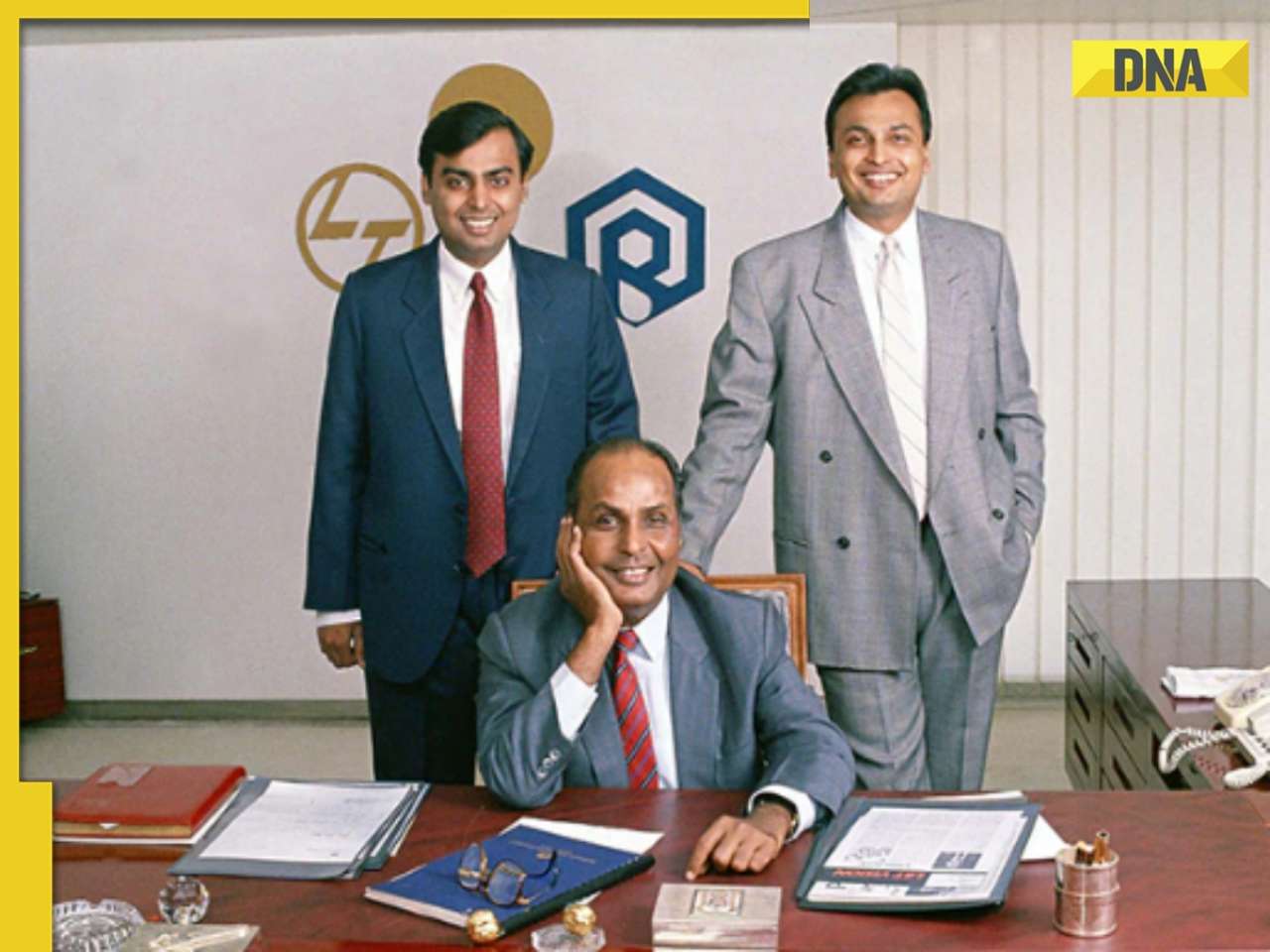
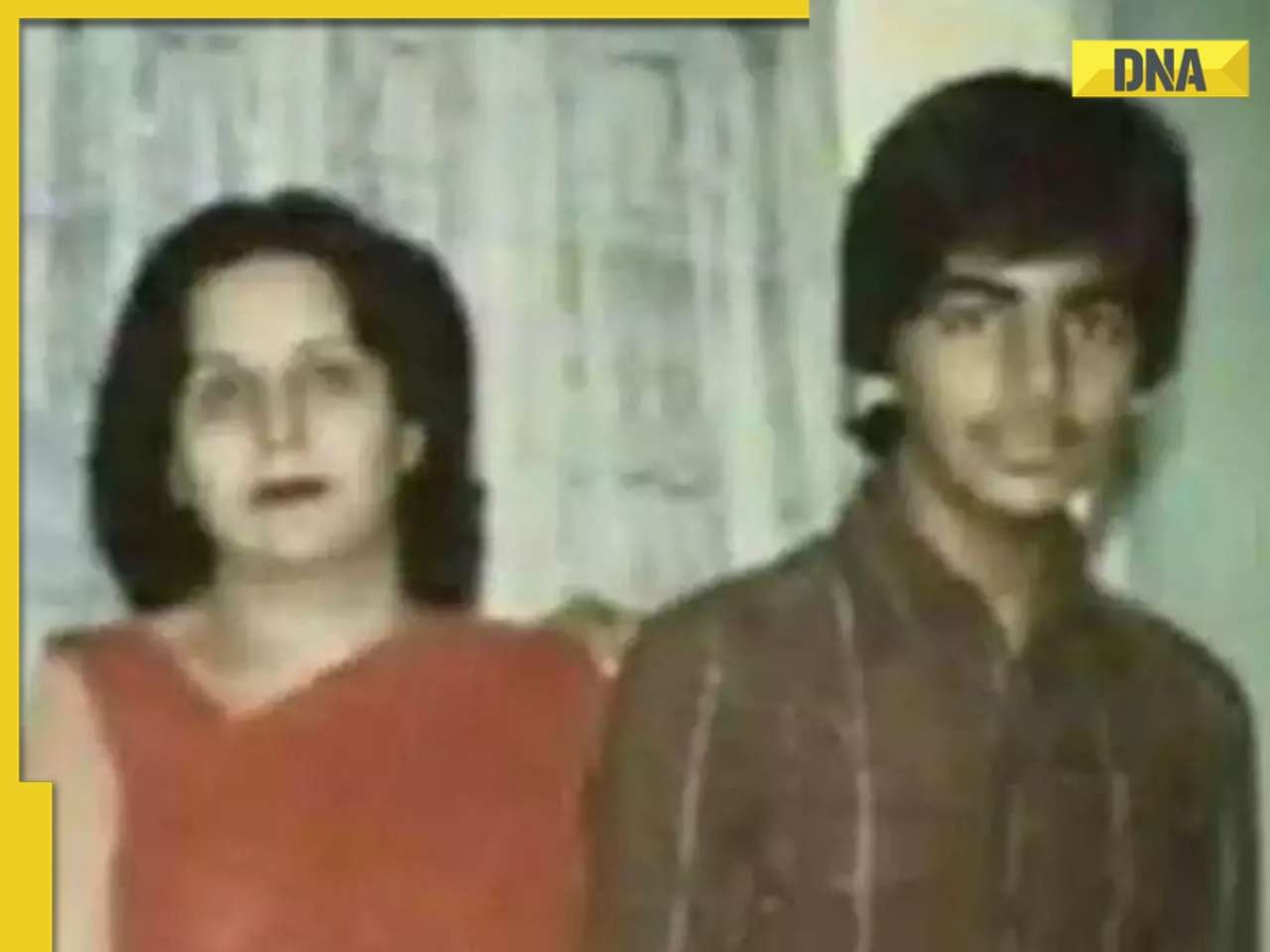




)
)
)
)
)
)